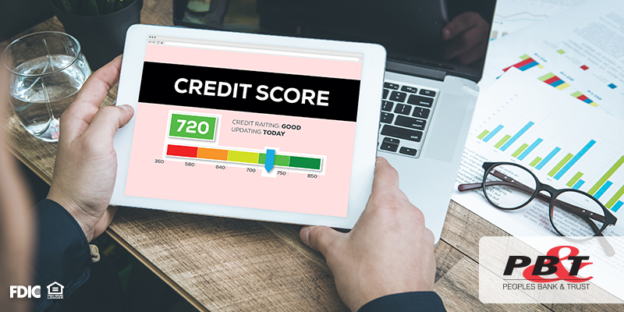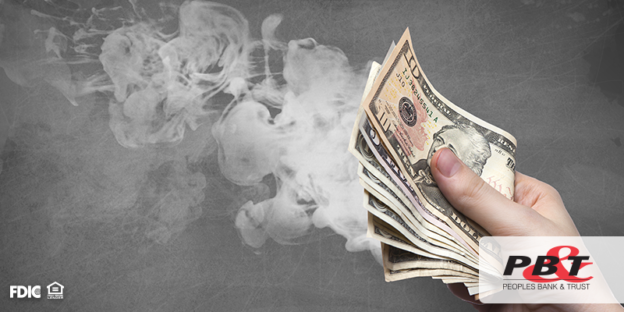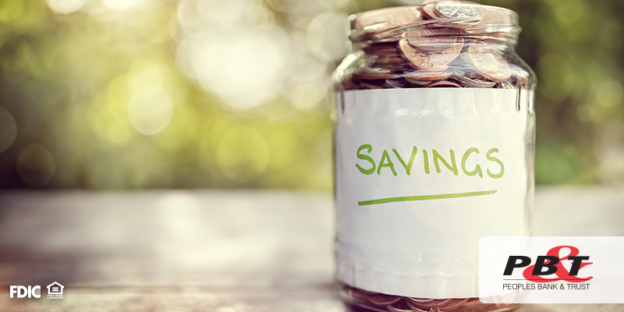Today, practicing the simple credit concept of “living within your means” can be extremely difficult due to medical and housing costs growing more rapidly than income in many American households. However, this doesn’t mean you can’t manage your credit and debt responsibly. Here are a few tips to help you get your credit on track, even when times are tough.
- Understand what credit is. According to Finance Solutions Credit 101, credit is your “promise to pay in the future for purchases made today.” You may be aware that when applying for credit with a lender, your credit report will be pulled to determine your payment history, amounts owed, credit history, new credit and types of credit, which is all taken into consideration when determining your credit limit. Understanding the terms and fees associated with your credit will help you make more educated decisions in terms of lenders, especially if you were to become overextended.
- Maintain healthy debt. Maintaining healthy debt is all about making good choices when it comes to debt. This means developing a happy medium in terms of credit history, exercising timely bill payments and managing a variety of credit accounts.
A good example of this is the attractive additional 25% off at your favorite store in exchange for signing up for their store credit card at the moment of purchase. Doing this once or twice is harmless enough, but if you are maintaining credit cards for a variety of stores, this can negatively affect your credit score by repeated hard inquiries and hidden terms not discussed in the rushed sign up process. Overall, the potential damage to your credit may not be worth the immediate savings.
- Stay out of the credit danger zone. Similar to points made in the previous two tips, you need to make good choices when it comes to purchasing on credit. Watch your accounts carefully to avoid overextending yourself, keep your balances low and always pay your bills on time.
If you are in a position where you can’t pay your bill on time, communicate with your lender to make them aware of the situation and determine an alternate rate of payment. And we get it, emergency expenses come up, but the best way to handle these is to do your best to prepare for them. If you don’t have an emergency savings fund built up, start one today and prepare yourself for the unexpected to avoid unplanned credit charges.
Managing your credit responsibly can be extremely difficult, and due to unforeseen circumstances you may already be in over your head. Reach out to us to discuss your financial management needs today. We are here to help you get on track!




